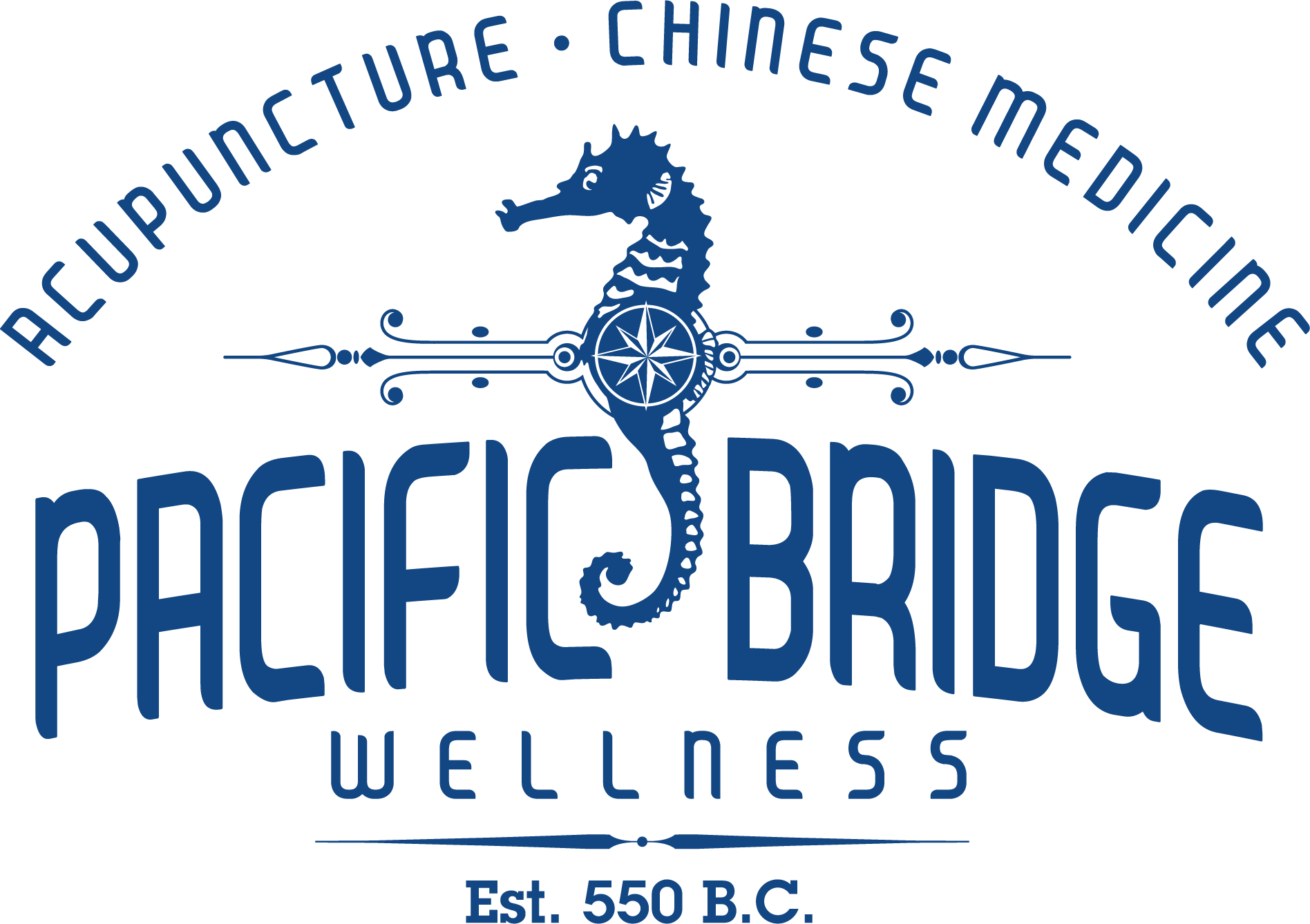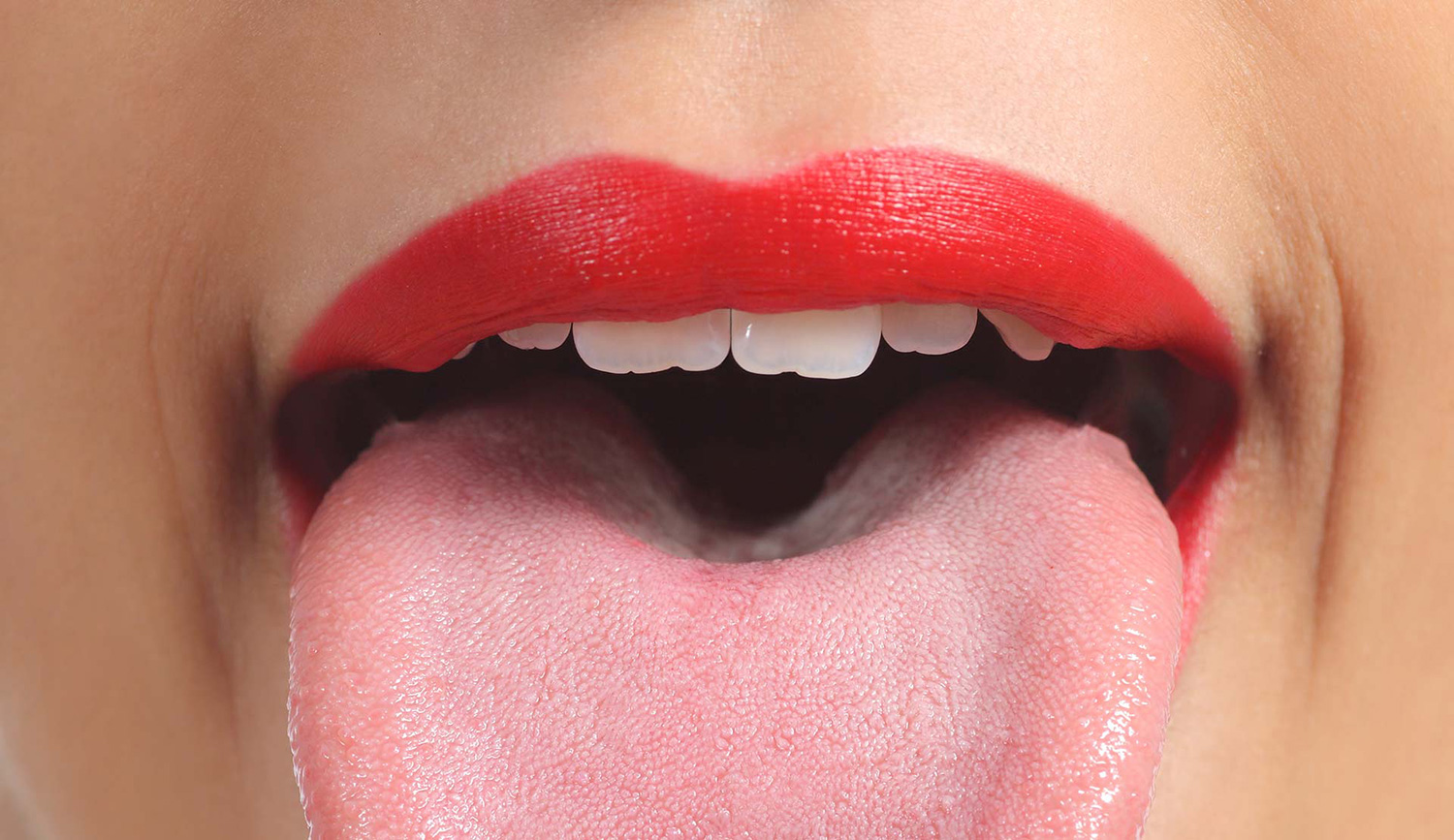Tongue Diagnosis
The Tattling Tongue: What Your Tongue Says About You
Did you know in traditional Chinese medicine (TCM), the tongue can be quite telling and in some cases, tattling? The tongue is viewed as part of a comprehensive health assessment and diagnostic system—helping prevent or treat pathological imbalances that you may be experiencing.
What do I look for when assessing your personalized TCM tongue diagnosis? The “BIG Three”
1. Tongue shape
Is the shape of your tongue swollen with toothmarks on the sides of the tongue body or is it thin with multiple cracks on the surface of the tongue?
2. Tongue color
Is your tongue pale or red—and to what degree, i.e. pale, pale-bluish, pale-purplish, pale-red, or crimson colored?
3. Tongue coating
Is your tongue coating thin and white verses thick and yellow—and whether or not it sloughs off easily or does it appear rooted? Is your tongue coating peeled and/or geographic? Is your tongue coating even over the whole tongue body—thin, white and rooted much like new seedlings of grass that have recently sprouted from the soil? Is the coating only at the root of your tongue body or is it elsewhere such as the sides, center, and/or tip? Additionally, the tiny bumps on the surface of your tongue are called papillae. I look to see if they are prominent towards the tip, sides or root—all indicative of different pathologies in TCM.
The underside can be telling as well. For example, are your sub-lingual veins congested and dark? Are they distended and bifurcated? Do you have purple spots anywhere on the tongue? I also check the moisture level on your tongue and whether or not it looks too wet or too dry. The overall luster of your tongue is helpful and I document this with your personalized TCM health assessment.
So what can your tongue tell me?
Combined with an extensive health assessment, the tattling tongue can tell me if you may be suffering from:
Back pain, neck pain and pain-related disorders including headaches and migraines
Digestive issues including weight management, irregular dietary habits including voracious appetite or lack of appetite
Allergies including allergic rhinitis, sinusitis or colds, and flu
Dizziness and vertigo
Insomnia/sleep disorders
Psychological/emotional disorders
Anxiety and stress-related disorders
Fatigue, low stamina, and exhaustion
Asthma, bronchitis and cardiovascular disorders
Impotence and low sex drive in men
ObGyn disorders in women
Oncology and cancer-related disorders including complications associated with the disease such as tumor-related pain and adverse reactions or side effects of traditional Western therapies
Autoimmune and immune disorders
Neurological disorders including Parkinson’s and stroke
Post-surgical pain management and recovery
Dermatological disorders
Geriatric and aging disorders
When viewed properly and combined with a comprehensive TCM health assessment, the tongue can help guide me to the appropriate acupuncture and Chinese medicine treatment for you. As you feel better and your symptoms diminish or are managed, your individualized TCM treatment can be modified to fit your needs.
You have taken the first step in reading this article. Now it is up to you to take the next step. I am highly trained and have advanced training in unique acupuncture techniques and Chinese medicine. To make an appointment visit our appointments page to schedule online or you can call my office at (805) 870-5690.

